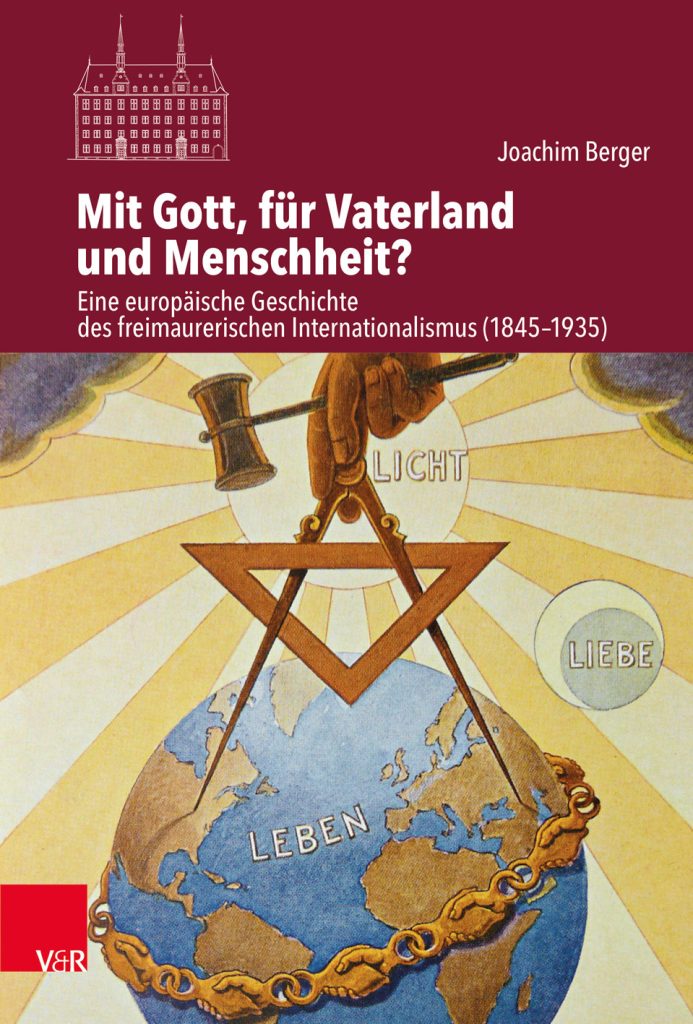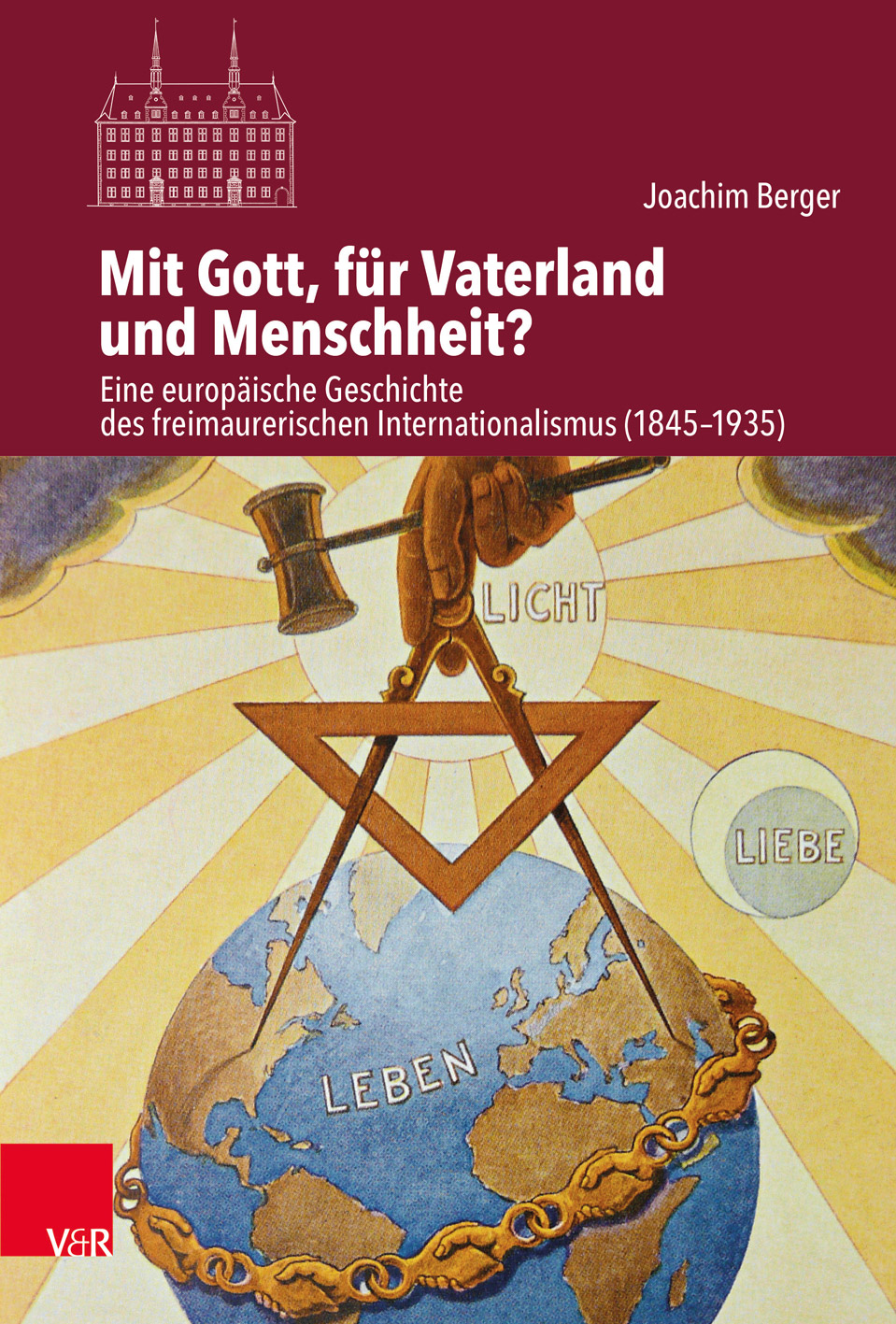Mit Gott, für Vaterland und Menschheit?
“Mit Gott, für Vaterland und Menschheit?” ist die erste umfassende Studie zum Internationalismus von Freimaurern. Sie untersucht, mit Fokus auf Deutschland, England, Frankreich und Italien, wie sich europäische Freimaurerverbände für oder gegen eine weltweite organisatorische Vereinigung der “Bruderschaft” einsetzten. Dabei zeigt sich, dass die transnationalen Organisationsversuche vor und nach dem Ersten Weltkrieg die Gegensätze verstärkten, die sie eigentlich überwinden wollten. Der freimaurerische Internationalismus erscheint so als ein spannendes Experimentierfeld zivilgesellschaftlicher Zusammenarbeit und Abgrenzung.
“With God, for Fatherland and Humanity” is the first comprehensive study of the internationalism of freemasons. It examines, with a focus on Germany, England, France and Italy, how European masonic umbrella associations worked for or against a worldwide organisation of their “brotherhood”. Against the backdrop of nation-state confrontation, colonial expansion and anti-masonic agitation, camps and alliance systems gradually developed. The transnational attempts at organization before and after the First World War intensified the contrasts that they actually wanted to overcome. The main causes of controversy were the question of whether freemasonry should have a religious or a secular-agnostic basis, and which socio-political concerns – such as peacekeeping or charity – freemasonry should devote itself to. The Masonic form of internationalism thus appears as an exciting experimental field for civil society cooperation and differentiation in Europe.

